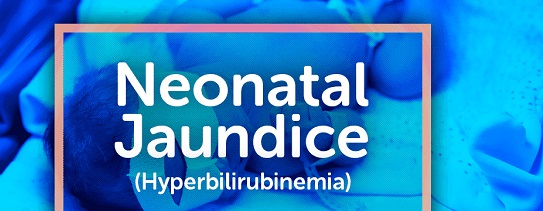The Wa Municipal Hospital has for the past five months recorded forty-seven cases of Neonatal Jaundice and four deaths.
Acting Medical Superintendent of the facility Dr Nabil Dekpe says there is a cure for the disease as many often refer to the use of orthodox unscientific means like sunbathing to treat babies with such conditions.
He has therefore called on parents to seek early treatment of the disease.
"Unfortunately from January to May this year we have recorded a total of 47 cases of Neonatal Jaundice and we have had 4 deaths and that is sad. It is because when these babies are brought in late, it's difficult for them to survive, even if they do, they develop long term neological deficit, some develop cerebral palsy and other complications which are difficult to deal with. So we are urging the public that when you have a newborn baby it does not matter where the baby is delivered, as soon as you observe the baby has yellow eyes report to the nearest facility".
READ ALSO: Doctors, nurses at KATH kick against use of cloth masks for clinical duties
Neonatal jaundice is a yellowish discoloration of the white part of the eyes and skin in a newborn baby due to high bilirubin levels. Other symptoms may include excess sleepiness or poor feeding.[1] Complications may include seizures, cerebral palsy, or kernicterus.
In many cases there is no specific underlying disorder (physiologic). In other cases it results from red blood cell breakdown, liver disease, infection, hypothyroidism, or metabolic disorders (pathologic).
A bilirubin level more than 34 μmol/l (2 mg/dL) may be visible. Concerns, in otherwise healthy babies, occur when levels are greater than 308 μmol/L (18 mg/dL), jaundice is noticed in the first day of life, there is a rapid rise in levels, jaundice lasts more than two weeks, or the baby appears unwell. In those with concerning findings further investigations to determine the underlying cause are recommended.
The need for treatment depends on bilirubin levels, the age of the child, and the underlying cause.
Treatments may include more frequent feeding, phototherapy, or exchange transfusions. In those who are born early more aggressive treatment tends to be required. Physiologic jaundice generally lasts less than seven days.
The condition affects over half of babies in the first week of life.
Of babies that are born early about 80% are affected.Globally over 100,000 late-preterm and term babies die each year as a result of jaundice.





